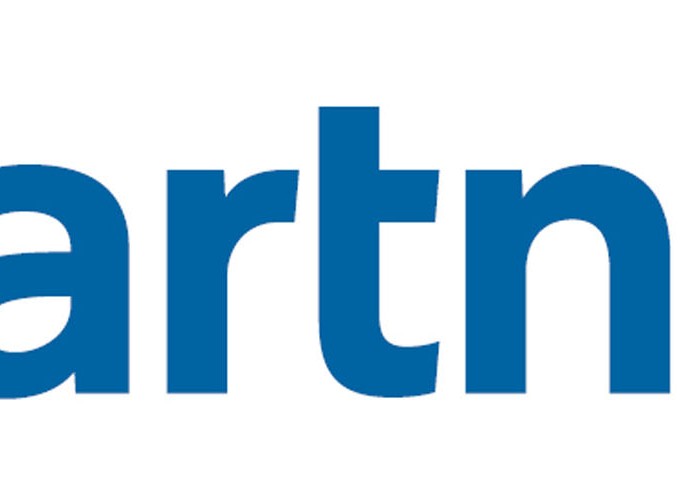Microsoft takes a big gamble with Windows 8

Gartner casts dark cloud over company’s plans
Microsoft is playing a risky game over the next few months with its Windows and Office products, Gartner has warned.
According to the analyst house, the two products form most of Microsoft’s revenue and profit. However, to keep in with the growing trend of mobile devices, the company must start taking a few risky steps to keep these current.
Michael Silver, vice president and analyst at Gartner explained that when the PC was at the forefront of computing and provided the first point of call for messaging, internet access and gaming, Windows was a “powerhouse” for Microsoft.
However, he said now tablets, led by the iPhone and iPad, have changed the way people work, making the PC just one of several devices people use.
“With Windows 8, Microsoft is trying to address the excitement of the tablet market by adding a tablet interface to Windows,” he said.
“Microsoft’s approach is very different from Apple’s and Google’s, where phones and tablets have much more commonality than PCs and tablets.
“This plays to Microsoft’s strength in PCs, leveraging it not only to enter the tablet market, but also to improve its share of the smartphone market,” he said.
The company however warned that making radical changes to Windows posed a risk for Microsoft as organisations liked to reduce technology risk by deploying mature, stable, well-supported products.
It said Windows Vista, for example, never gained significant success in corporate environments, and its lack of success lead to reducing its useful life as third parties had already started cutting support for it.
“The bottom line is that IT leaders are questioning whether Windows 8 will suffer a similar fate,” it added.
And there is more bad news to come, with Gartner warning that Windows 8 looked totally different from the previous OS interfaces, eliminating the ability to boot to the familiar Windows Desktop and a traditional Windows start menu. It said this could lead to questions about the the OS’s appropriateness for traditional desktop and notebook machines, which comprise the majority of the existing PC market.
It added that Microsoft licensing was also an important topic in many organisations because it could represent a significant percentage of the annual IT budget.
“Organisations need to decide if they require Software Assurance (SA) on Windows or an Enterprise Agreement as well as reevaluating their decisions based on changes Microsoft is making to the Windows 8 SKU lineup and SA benefits,” the company added.